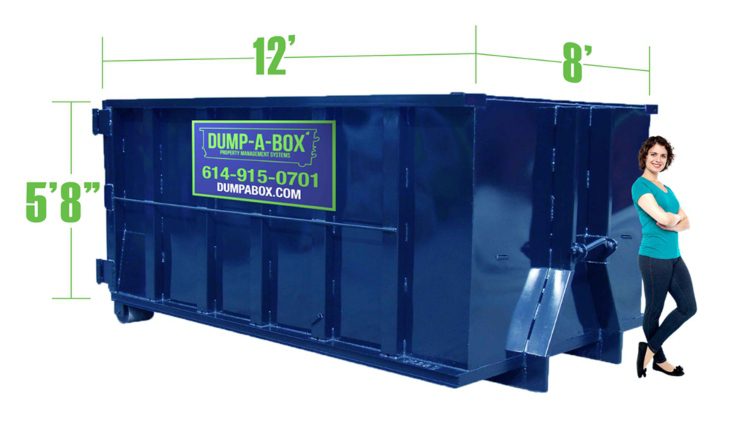Dumpster Diaries: Navigating the World of Rental Services
Let's embark on a journey to explore the world of dumpster rental services. Whether you're decluttering your home, renovating your office, or managing a construction project, the need for a reliable dumpster rental service is crucial. Finding the right provider can make all the difference in ensuring a smooth and efficient waste management process. From choosing the appropriate size to understanding the rental terms and costs involved, there are several factors to consider when navigating this essential service.
When it comes to dumpster rental, one size does not fit all. The variety of options available can be overwhelming, ranging from small residential containers to large industrial dumpsters. Determining the appropriate size for your specific needs is the first step in the rental process. Understanding the dimensions and weight capacity of each option can help prevent overloading or underutilizing the dumpster, ensuring optimal efficiency and cost-effectiveness. Stay tuned as we delve deeper into the nuances of dumpster rental services and how to make the most out of this essential resource.

Types of Dumpsters
When it comes to dumpster rental services, you will come across various types of dumpsters designed to suit different needs. One common type is the roll-off dumpster, ideal for large-scale projects such as construction, renovations, or major cleanouts. These dumpsters are versatile and can be easily transported to and from your location.
Another popular option is the front-load dumpster, commonly used for regular waste removal in commercial settings such as restaurants, offices, or apartment complexes. These dumpsters are emptied by a truck using hydraulic arms, making them a convenient choice for ongoing waste management needs.
For smaller projects or residential use, a compact mini dumpster may be the perfect solution. These mini dumpsters are easy to place in tight spaces and are well-suited for minor home renovations, decluttering projects, or landscaping work. Choosing the right type of dumpster will depend on the scope of your project and the amount of waste you anticipate generating.
Factors to Consider
When considering dumpster rental services, one important factor to keep in mind is the size of the dumpster you will need. Make sure to assess the amount of waste you expect to generate to select a dumpster size that can accommodate all your junk without overflowing.
Another crucial factor is the duration of the rental period. Check with the rental company about their rental period options and choose a timeframe that allows you enough time to fill up the dumpster without rushing.
Lastly, consider the location where the dumpster will be placed. Ensure that there is enough space for the dumpster to be conveniently situated close to the area where the waste will be generated, to save time and effort during the cleanup process.
Benefits of Dumpster Rental
Renting a dumpster provides a convenient solution for effectively managing waste removal. With a dumpster rental, you can easily dispose of large quantities of debris and trash in one location, saving you time and effort. This can be particularly beneficial during renovation projects or cleanouts, where a significant amount of waste is generated.
Another advantage of dumpster rental is the flexibility it offers in terms of sizing options. You can choose the dumpster size that best fits your specific needs, whether it's a small dumpster for household junk removal or a larger one for construction debris. This flexibility allows you to have a tailored waste disposal solution without the constraints of standard trash pickup services.
Furthermore, opting for a dumpster rental service promotes environmentally friendly waste disposal practices. By consolidating all your waste in one designated container, you can ensure that the materials are properly sorted and disposed of in compliance with local regulations. This not only helps in reducing environmental impact but also promotes responsible waste management practices.